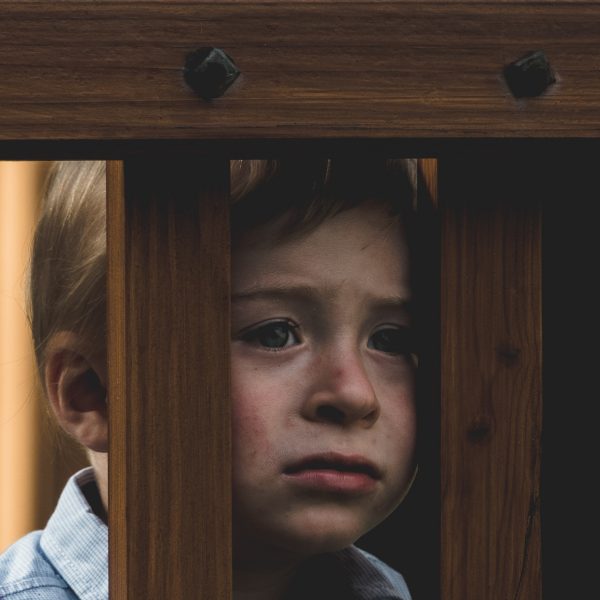Childhood abuse and neglect contributes to depressive symptoms and drinking in adults

Childhood abuse and neglect can lead to long term impacts on young people and adults. In a bid to learn more about how the different types of child maltreatment, such as physical abuse, sexual abuse or neglect show up at different ages researchers from Penn State’s College of Agricultural Sciences examined how different types of childhood maltreatment were associated with depressive symptoms and heavy episodic drinking between the ages of 14 and 30.
As a result of their study the researchers discovered that children who experienced physical abuse were more likely to binge drink as young adults, whereas children who experienced supervisory neglect were more likely to binge drink in adolescence.
The team also found that the majority of children who experienced multiple types of maltreatment were both depressed and engaged in binge drinking throughout adolescence and into young adulthood.
Those involved in producing the study hope they will inform intervention programs that aim to protect mental health and promote healthy behaviors among survivors of childhood maltreatment.
“We often see a peak in heavy episodic drinking when people transition to early adulthood — around the ages of 19 to 23,” Associate Professor Benjamin Bayly shared.
“Depressive symptoms tend to peak in adolescence and remain high in young adulthood. We focused on these outcomes because they have been shown to relate to childhood maltreatment as well. We wanted to understand if survivors of different types of childhood maltreatment exhibit these symptoms at different ages and thus need intervention and support at different times — and that’s what we found.”
Using a national longitudinal adolescent health study of more than 16,000 participants that began in 1994 and encompasses five waves of survey data, the researchers focused on four types of child maltreatment: physical abuse, sexual abuse, supervisory neglect and care neglect. They narrowed their study to two specific symptoms: depressive symptoms and heavy episodic drinking — or binge drinking — defined as four or more drinks in a sitting for women and five or more drinks for men.
Examining heavy alcohol use among survey participants, Associate Professor Bayly and his colleagues found that children who experienced physical abuse were more likely to engage in heavy episodic drinking when they were young adults, whereas people who experienced supervisory neglect as children were more likely to binge drink in adolescence, beginning around age 15.
“This is where appropriate timing is so important,” he explained. “For survivors of physical abuse in childhood, a key time to intervene and provide prevention support around heavy episodic drinking is when they are 18 or before they enter college. But someone who has experienced supervisory neglect is going to need those prevention interventions much earlier.”
To access the findings in full please see here.
Popular

Policy
Practice
Provider
Quality
Research
Workforce
Beyond the headlines: celebrating educators and the power of positive relationships in early learning
2025-07-07 10:00:24
by Fiona Alston

Workforce
Policy
Quality
Practice
Provider
Research
ECEC must change now, our children can’t wait for another inquiry
2025-07-02 07:47:14
by Fiona Alston

Workforce
Quality
Practice
Provider
Research
Beyond the finish line: Championing child protection one marathon at a time
2025-07-08 09:15:32
by Fiona Alston













